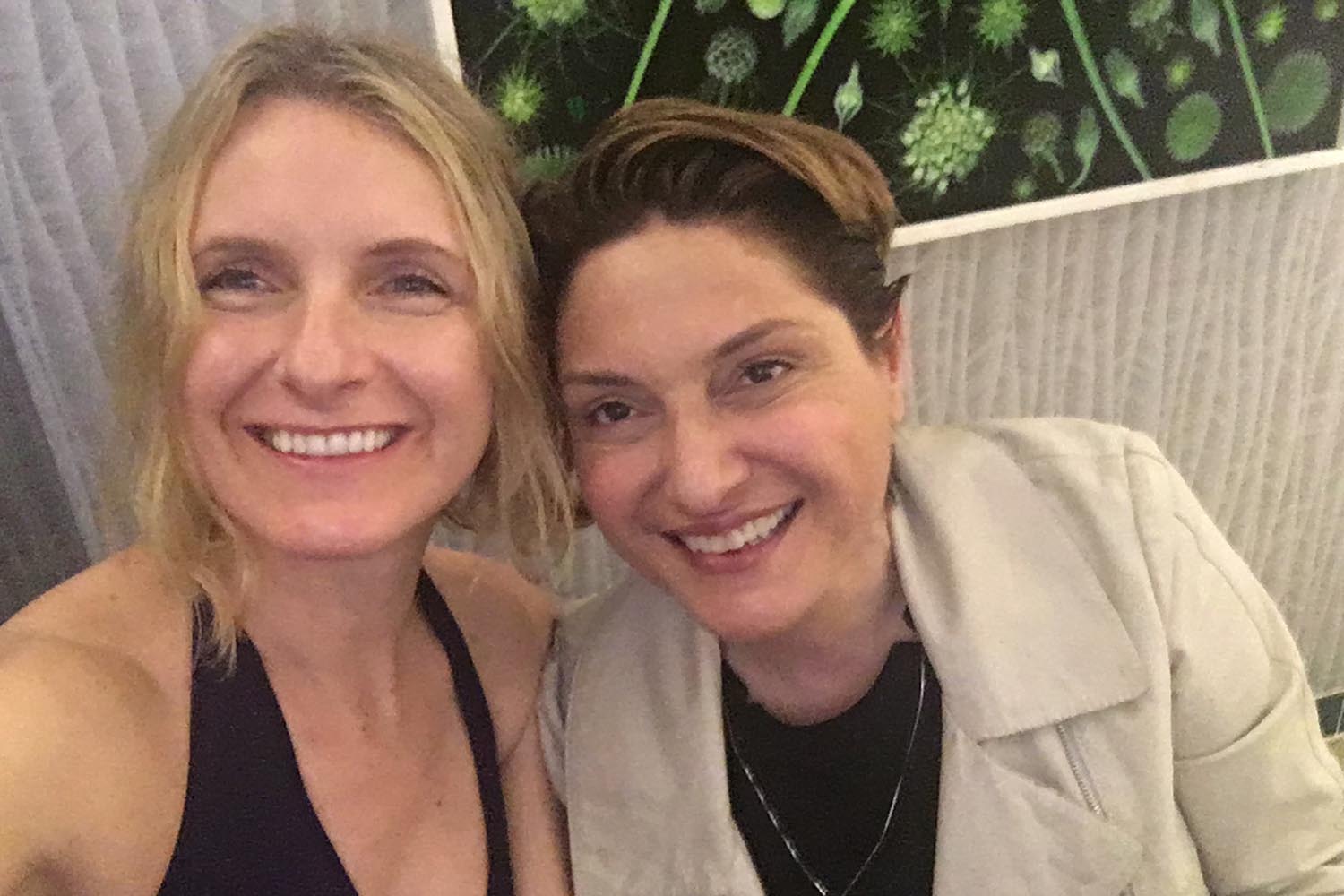At the end of the 2010s, post #MeToo and squarely in the midst of the Trump years, many women looked back on the previous decade and breathed a sigh of relief. Finally, after years of mining their traumas for limited benefits, the personal essay boom was over.
Rising out of the popularity of Noughties blogging and capitalised on by new media to generate site visits, this type of writing was hard to escape: almost always by a woman, usually on something disturbing and most times about harm caused by a man. Many were ridiculous and nauseating (lest we forget the infamous piece “On Falling In and Out of Love with My Dad”); others were popular because they were brave and thoughtful about then under-discussed topics, be it motherhood or assault.
Sharing these intimate details promised, in theory, better bylines for the writer in the future. We now know that what most writers got instead was a life-defining one-hit wonder. On reflection, it seemed ridiculous that we fed this beast, metabolising women’s pain for clicks for so long – even if the results were often entertaining.
That period of respite has, however, come to a definitive end – its death knell violently rung last month by the Eat Pray Love memoirist, Elizabeth Gilbert, in an essay for The Cut. Titled “My Once-in-a-Million-Years Love Story”, it was excerpted from Gilbert’s forthcoming memoir, All the Way to the River. In it Gilbert tells the story of the grim last months of her late partner, Rayya Elias, a former heroin addict who relapsed after refusing chemo and died from cancer in 2018.
Rather than being heralded as characteristically revelatory and relatable in Gilbert’s classic style, the response has seen the author classed as a self-unaware narcissist – widely criticised for adopting a “woe is me” attitude to her partner’s struggle and gliding over her own role in aiding her partner’s addiction (such as giving her endless cash and at some points buying her drugs). She even left Elias as she neared her final days; elsewhere in the book, Gilbert admits to planning to murder Elias, only failing when Elias noticed her morphine had been swapped for sleeping pills.
At no point in history have we had so much access to the details of people’s personal lives: the utterly exposing and the crashingly dull. The internet is rife with thoughtless, mindless personal stories masquerading as authentic information that claims to be full of insight. As Jia Tolentino wrote in a popular critique of All the Way to the River in the New Yorker, the snake has eaten its tail and Gilbert, who pioneered the 21st-century confessional persona, has now become victim of the belief that any and every personal experience is valuable to others, and that any confession – no matter how unflattering – will resonate, carrying with it the potential of fame and fortune.
It’s obvious why publishers, magazines and platforms encourage these types of stories. They feed the impulses of the attention economy, grabbing us as our focus wanes, whether that’s through a genuinely well-written personal account or just via a punchy TikTok. It only helps when these stories have the added value of rage-bait, triggering online arguments and discussions that generate more views.
But it’s less obvious what writers get out of publishing them, when these bylines rarely reap those promised rewards. We know there are mixed benefits to baring and ruminating over our pain, with increasing evidence that some types of reflection can actually cause us more harm than good. The arguments for “healing” through this work are often thin.
This is also a good-faith reading of the personal essay industry: of course, trauma (or what is labelled online as “trauma”) is widely commodified. Substantial work has explored this phenomenon, such as the rapper and activist Darren McGarvey’s recent book, Trauma Industrial Complex, on how oversharing became a digital product, as well as countless essays. Most famously, the journalist Parul Sehgal’s viral 2021 New Yorker piece “The Case against the Trauma Plot” argued that a hyperfocus on trauma in storytelling was, in fact, flattening our emotional experiences. Readers may seek something meaningful out of this work, but scarcely do they actually come away with valuable wisdom or even the shallow dividends of relatability.
Good personal writing has the power to move us and to make real impact on how we see and interact with the world. Not every personal essay now or in the 2010s fails to offer that gift to readers. But it’s impossible to look at essays such as Gilbert’s and not feel we are following a path we’ve been down before – this time with a savvier, faster and more desperate media ecosystem ready to capitalise on a society that has forgotten the lessons we supposedly learned. Our pain is not invalidated by privacy, nor does it become validated by the simple act of choosing to share it with the world.
Newsletters
Choose the newsletters you want to receive
View more
For information about how The Observer protects your data, read our Privacy Policy
Photograph by Elizabeth Gilbert

